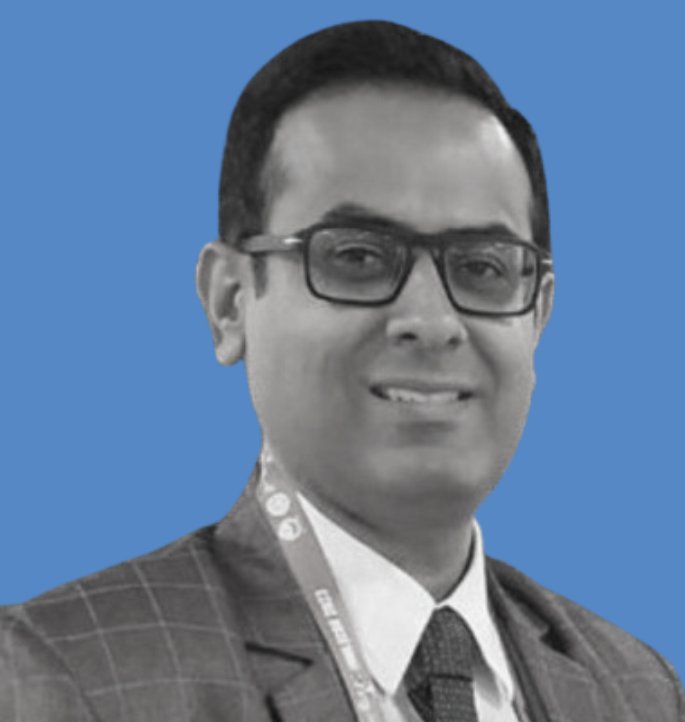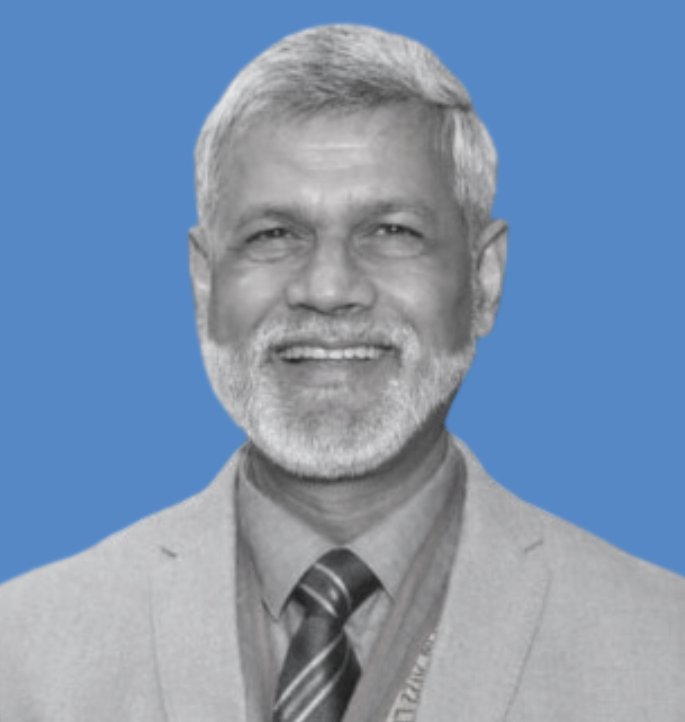Doing an online course in forensic medicine was an enlightening journey. Real cases, expert guidance, and a forensic path worth pursuing!

Course Start Date : 3rd Oct 2025
Last Date to Register : 25th Sept 2025
Forensic medicine and human identification involve identifying people who might get disfigured due to trauma like crashes, explosions, fires, etc., criminals trying to hide their identities, undocumented people, skeletal remains, etc. The online Forensic Medicine & Human Identification Foundation Certificate Course by Sherlock Institute of Forensic Science (SIFS India) will equip you with the art and science of forensic medicine, where the human body becomes a vital piece of evidence in solving complex cases.
This pre-recorded course is taught by expert forensic instructors, and includes theoretical sessions with lots of practical exercises and quizzes. You will learn about post-mortem examinations, precautions during autopsy, Sexual offenses, Victim and offender examination, child abuse, the POCSO Act, estimation of time since death, custodial deaths, types of deaths, infanticide, types of burn injuries, medical negligence, 3D forensic facial reconstruction, assessing toxicological findings, and legal aspects, among several others.
This course can open doors for you to pursue further studies or a career in forensic pathology, law enforcement, or related fields. You will gain knowledge to unlock the secrets of the human body and assist in solving complex cases. Join us to discover the dynamic world of forensic medicine and human identification, and get ready to contribute to criminal investigations.
Become Proficient to Answer:
- What is the significance of inquest and exhumation in forensic medicine, and what precautions and procedures must be taken while conducting a medico-legal autopsy?
- How does the classification of sexual offenses relate to medico-legal examinations, particularly in cases of rape and in cases of unnatural sexual offenses?
- What are the somatic, molecular, and brain deaths, and what are their medico-legal aspects?
- How are the mode, manner, mechanism, and cause of death determined?
- What are the medico-legal considerations associated with surgery, anesthesia, blood transfusion, and custody-related torture and deaths?
- What are thermal deaths and systemic hyperthermia, and what are medico-legal aspects of death due to burns based on classifications of burns?
- What are the legal provisions related to dowry deaths?
- How are deaths by electrocution investigated, and what are the autopsy findings in cases involving'medium-tension' and 'high-tension' currents, as well as joule burns and injuries caused by lightning?
- How are infanticide and foeticide examined from a medico-legal perspective?
- What is the concept of live birth and separate existence, and what is the significance of the hydrostatic test in these cases?
- What are the key medico-legal considerations in injuries, including differentiation between antemortem and postmortem wounds?
- How are injuries caused by blunt force, abrasion, and bruises examined forensically, and what factors influence the production of bruises?
- What are the characteristics of injuries caused by sharps and firearms, and how do they differ from other injuries?
- How is medical negligence defined and proven in cases of mistaken diagnosis or errors of clinical judgment?
- What are the types of consent in medical treatment, and what role do hospitals play in ensuring proper consent?
- How do you determine a complete and incomplete identity, estimate age from the ossification activity of bones, and what is the importance of dentition in the medico-legal field?
Learning Outcomes:
Forensic Pathology Knowledge: You will acquire skills to understand how post-mortem examinations are performed, the cause of death, and documenting forensic evidence accurately.
Death Analysis Skills: You will acquire knowledge about different types of deaths, medicolegal aspects associated with deaths, and investigative procedures involved.
Human Identification Techniques: You will be able to identify human remains using various forensic techniques, like skeletal analysis, dental records, and DNA profiling, to assist in solving missing persons cases.
Legal and Ethical Considerations: You will develop an in-depth understanding of the legal and ethical responsibilities associated with forensic medicine and human identification to maintain professional investigative practice.
Technology Proficient: You will gain working knowledge of 3D technology to determine physical appearance and forensic facial reconstruction techniques.
Course Details:
Fee | National: 1770 INR (1500 INR + 18% GST) International: 50 USD |
Duration | 1 Month |
Eligibility | 12th Passed |
Session Timing | From 6 to 7 PM IST | Monday, Wednesday, Friday |
Payment Details:
International Student : PayPal: forensicdocument@gmail.com
Account Details for National Student
Bank Name - ICICI BANK
Acc. Name - SIFS INDIA PVT. LTD.
Account No. - 663505500086
Type - Current
IFSC Code - ICIC0000160
Address - ICICI Bank, H-4, Model Town -III, New Delhi - 110009








